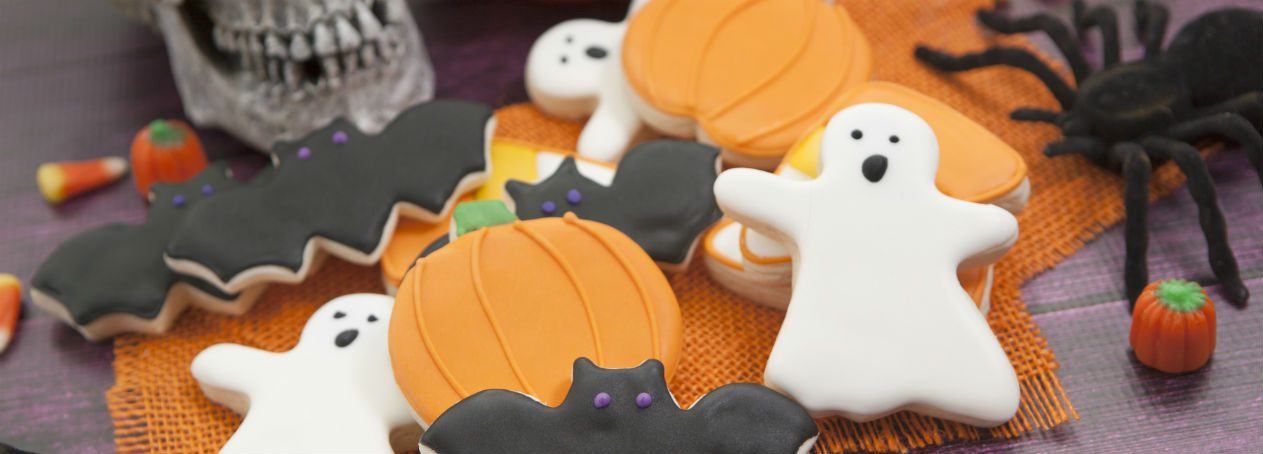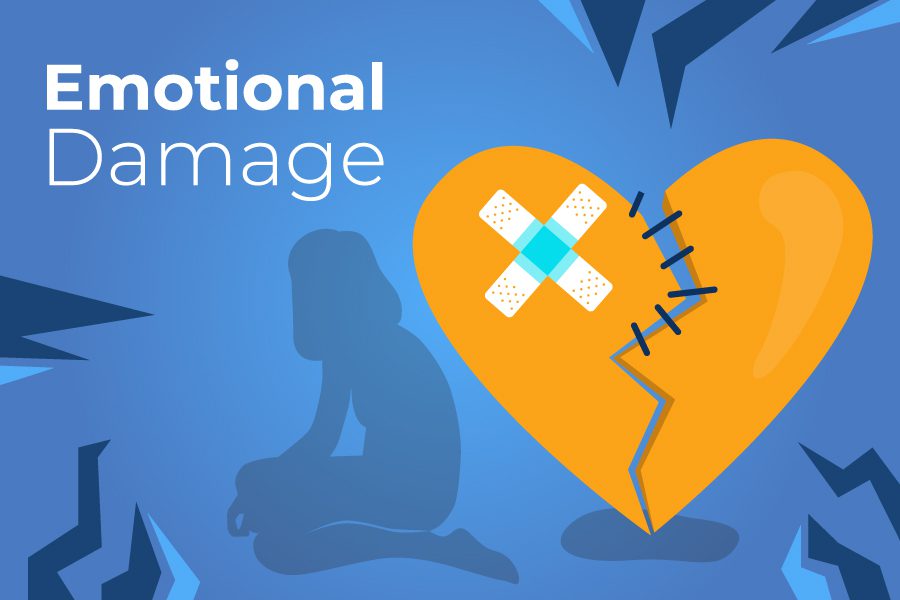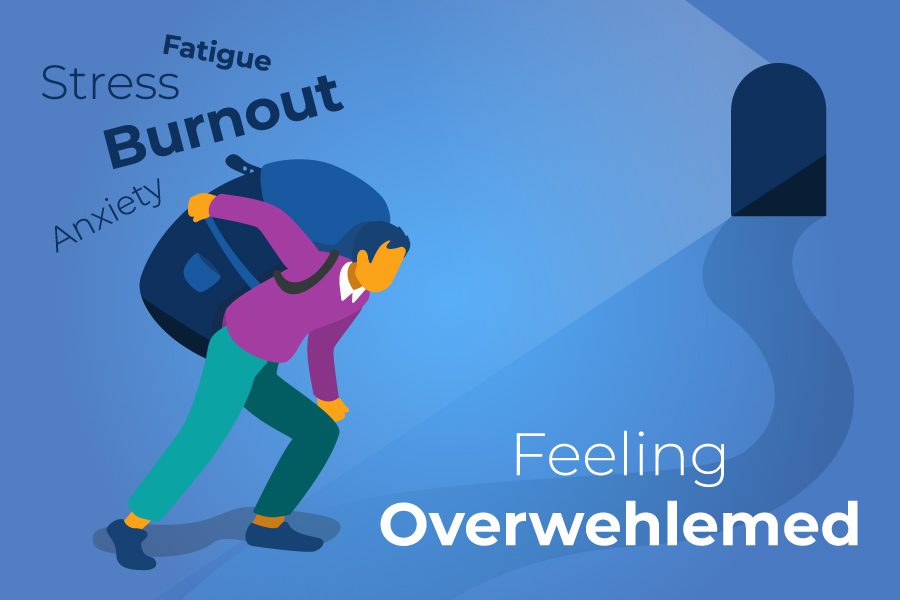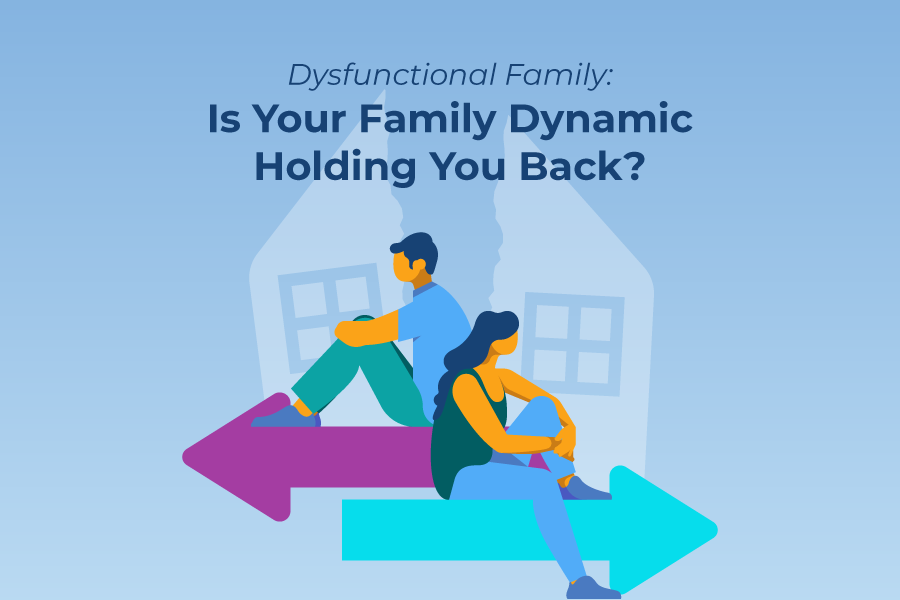Halloween can be a time of light-hearted fun, elaborate costumes, and all-out yard decorations. But it can also have a darker side, perpetuating stigma against people who suffer from mental illnesses, such as schizophrenia and bipolar disorder.
Halloween Stigmatizes People With Mental Illness as Dangerous and Harmful
Halloween taps into what we are most afraid of―and magnifies and dramatizes it, sometimes in very crude ways.
Death? Definitely.
Monsters? Yes.
Zombies and other undead ghouls? For sure.
Mental illness? Yes, unfortunately, that too.
We fear what we don’t understand, and mental illness is an oft-misunderstood challenge. Costumes such as “insane asylum patient,” that comes with a blood-spattered straight jacket, or haunted houses, such as the one at Knott’s Berry Farm in Buena Park, CA, which had a virtual reality haunted house featuring a psychiatric patient with “demonic powers” called VR: 5150, the code for an involuntary psychiatric hold in California perpetuate the idea that people with mental illness are dangerous and to be feared. Knott’s has since apologized and closed the exhibit down.
The Truth: Most Who Suffer from Mental Illness Are Not Violent
In reality, the vast majority of people who suffer from mental illness are not violent. Approximately one in five adults in the United States will experience a mental health issue in a given year. Only 3–5% of violent acts can be attributed to people with mental illness. In fact, mental illness makes people 10 times more likely to be the victim of violent crime.
Stigma Prevents People from Getting Help
Stigmatizing mental illness makes it less likely that those who need help will seek it. Just as attention has been called to racially insensitive costumes such as those depicting American Indians, or using blackface to represent people of color, it is time to shed the same light on the stigmatization of mental illness.
So this Halloween, have fun, spend time with friends and family, scare yourself a little (if that’s your thing), but please choose your costume with sensitivity for those who suffer from mental illness and an awareness that the way we portray it matters.
If you or your loved one struggles with mental health, such as depression, anxiety, or bipolar disorder, and/or substance abuse, Sandstone Care can help. We treat adolescents and young adults struggling with substance abuse, addiction, and co-occurring disorders in Colorado, Virginia and Maryland. Don’t wait to get the support you need, call us today at (888) 850-1890.





